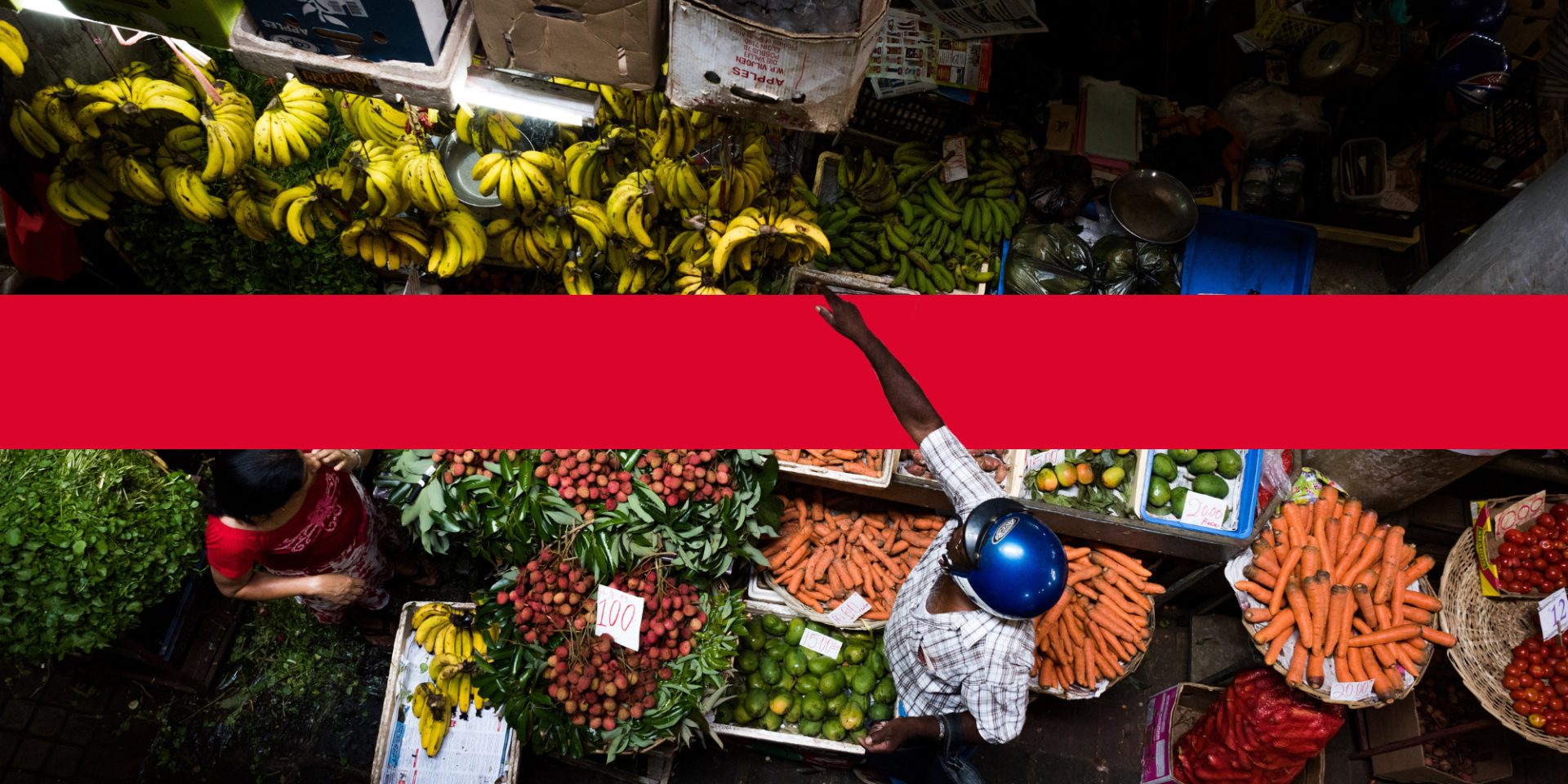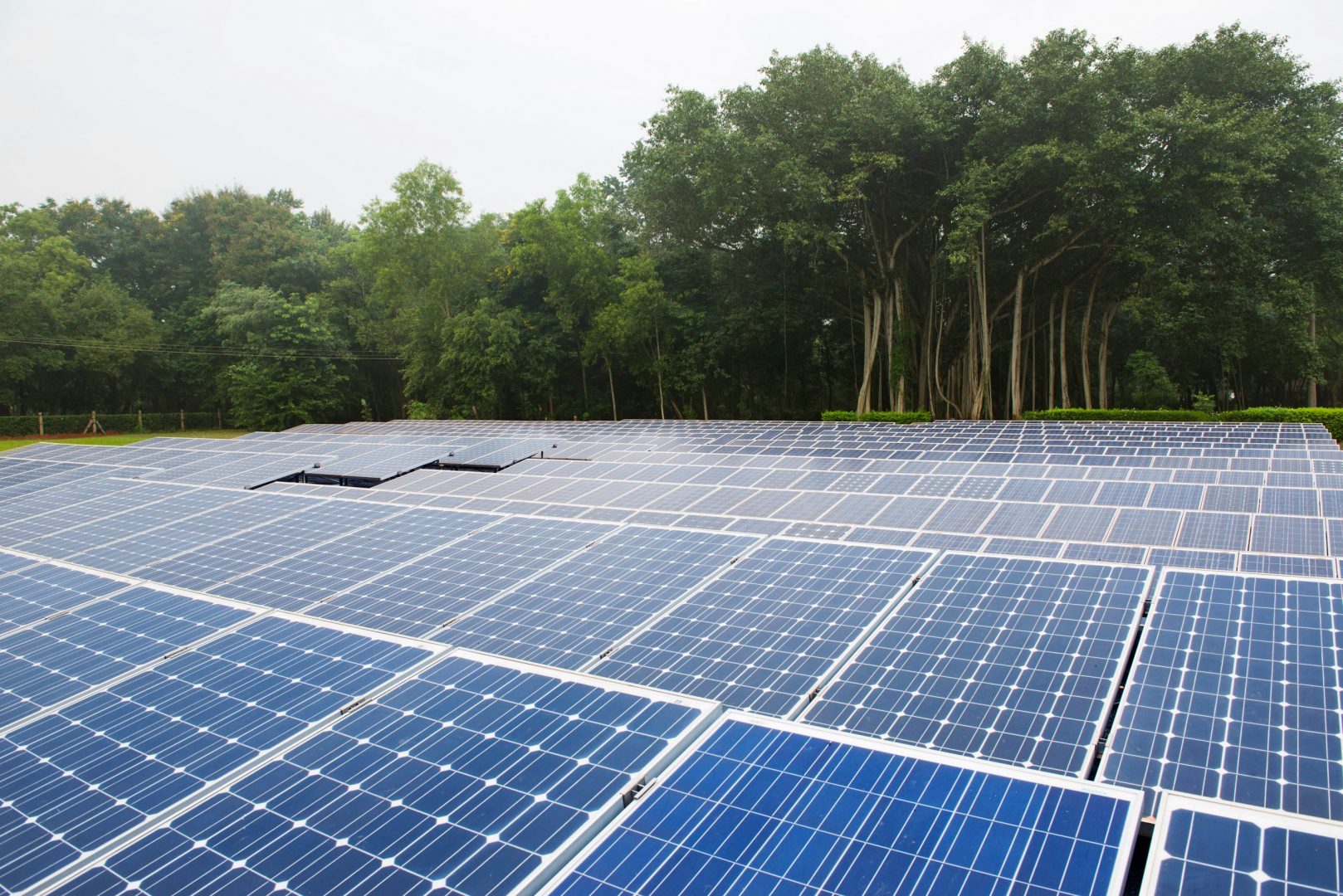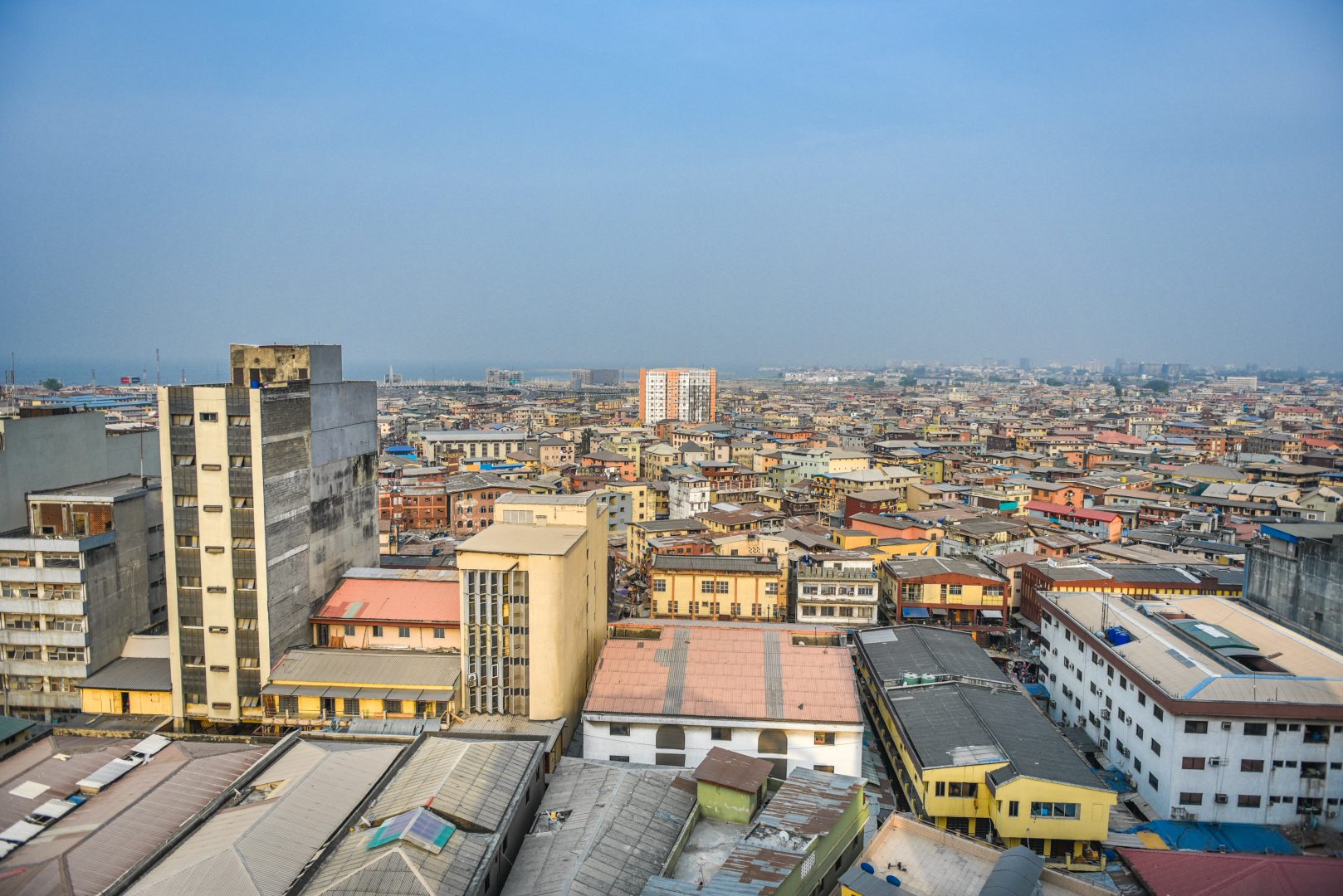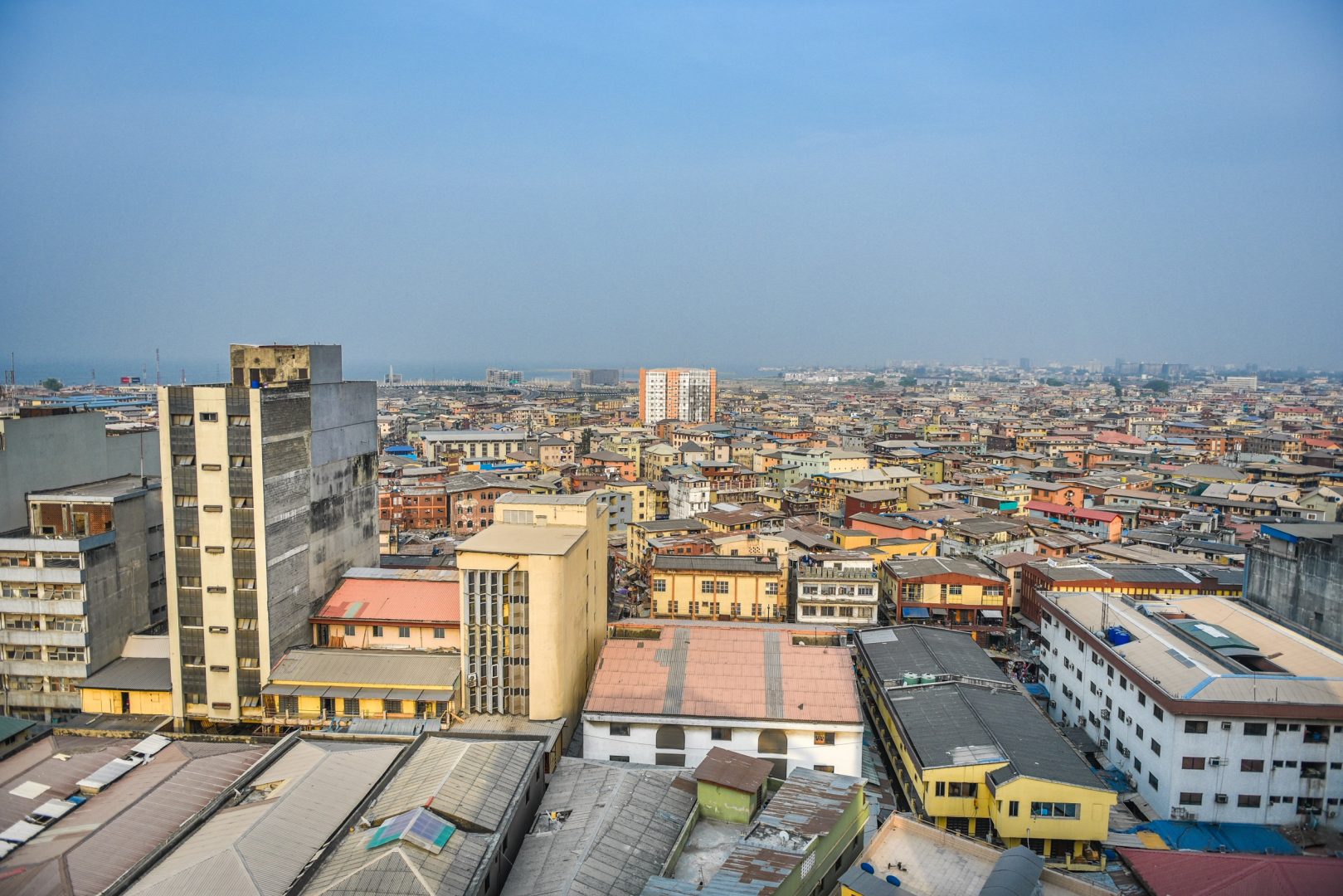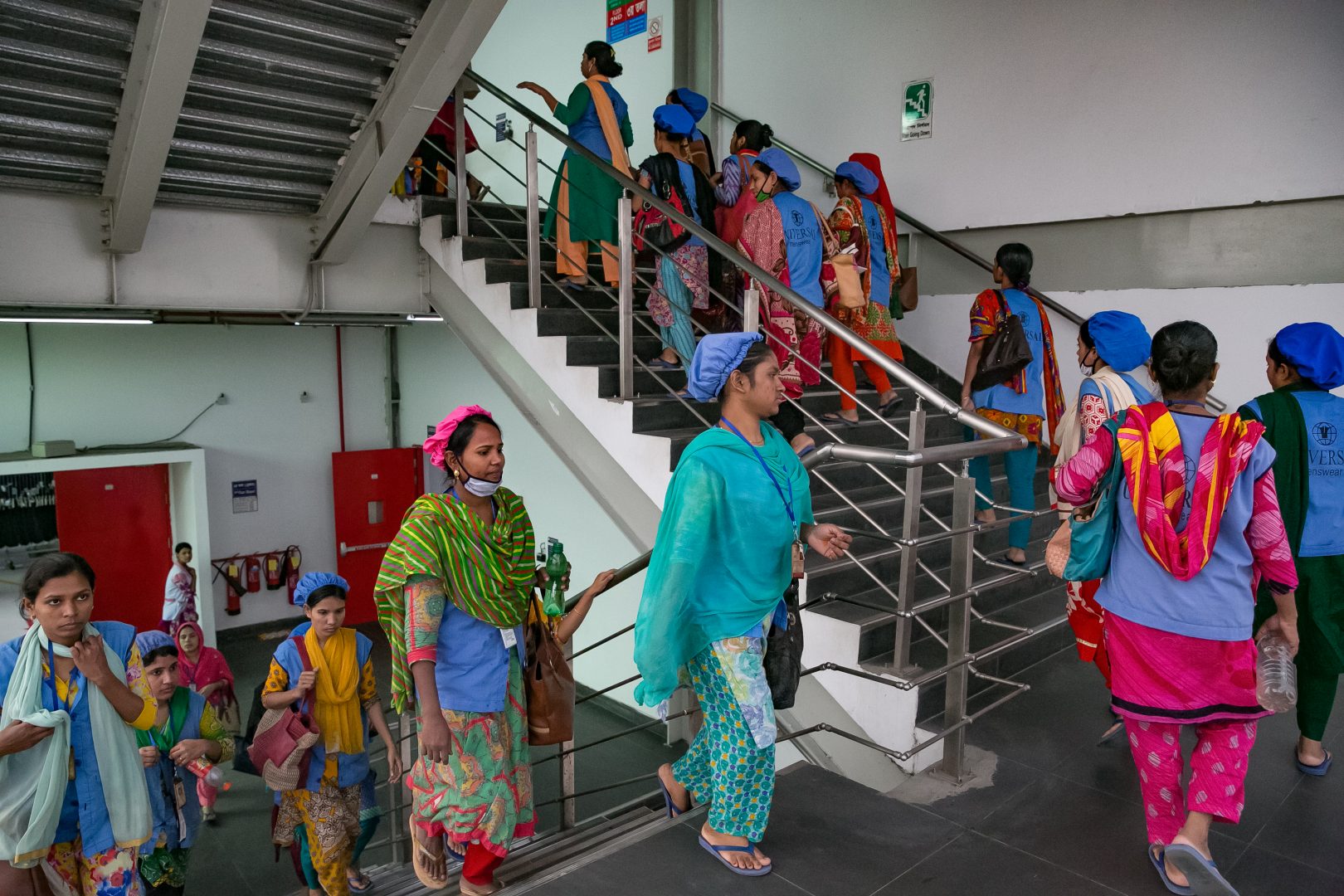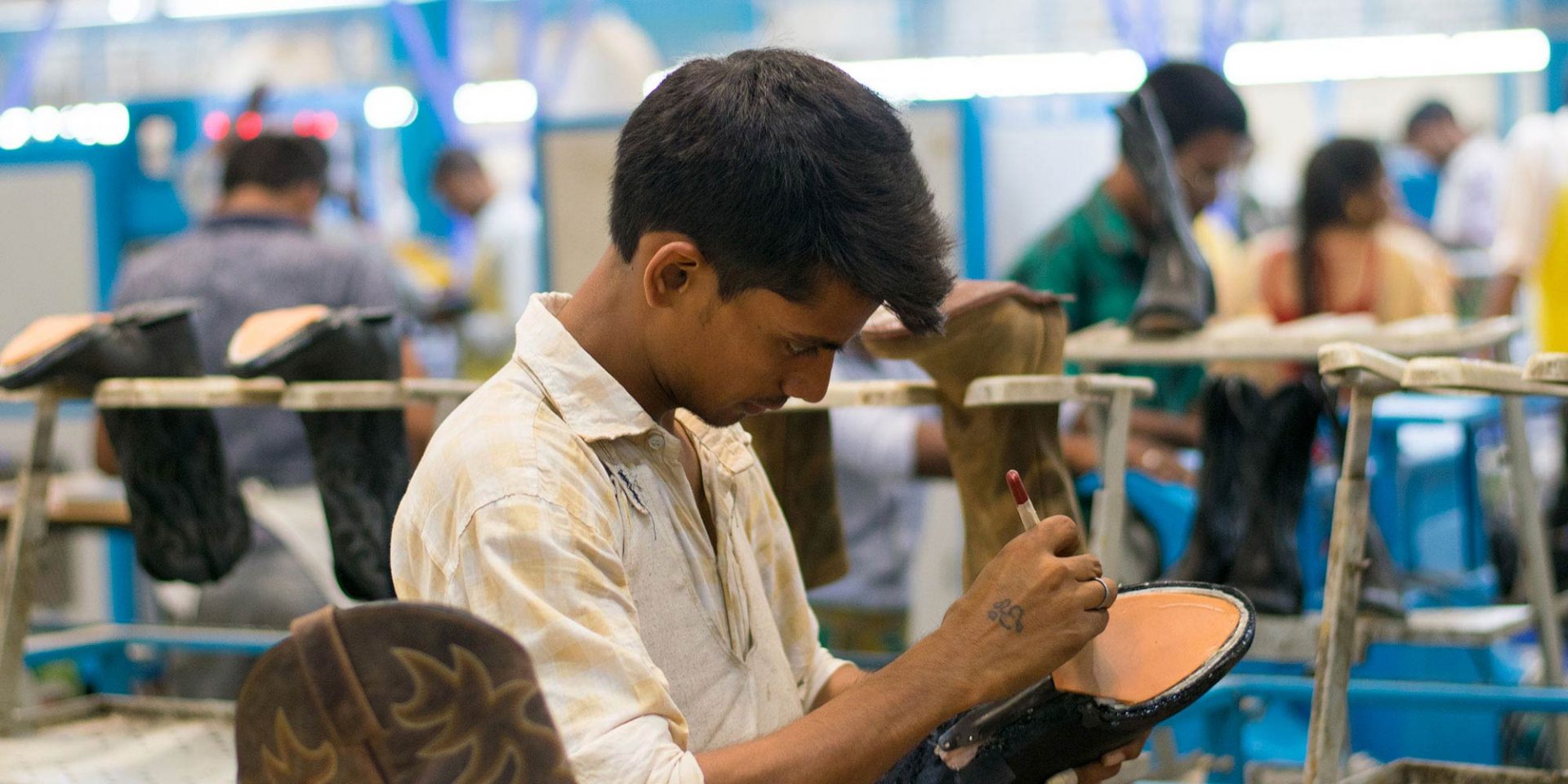BII is unusual amongst development finance institutions (DFIs) because we are willing to take “control positions” in private enterprises, meaning we would be the majority shareholder (as we are in the African electricity infrastructure project developer, Globeleq). On occasion we are even willing to create new businesses from scratch. We do that when we see a development problem that needs solving, but we cannot find a suitable business that we can invest in, to solve it.
We founded MedAccess to offer volume guarantees to medical products producers, to accelerate their supply in lower income countries – something that noone else was doing. We founded Gridworks, to look for investment opportunities in electricity transmission and distribution (T&D) across Africa. Inadequate T&D is probably the main barrier to decarbonising African electricity grids, yet private investment in T&D is so rare that we could not find a business that specialised in it. So we created one. For similar reasons, we established Ayana, a renewables project developer with a focus on the less developed states of India.
Our latest creation is Growth Investment Partners (GIP), in Ghana. GIP will be founded as an unleveraged (purely equity financed) investor that will make a relatively small number (around 10-15 each year) of loans between US$500k and US$5m, in local currency, to small and medium sized enterprises across the country.[1]
We created GIP because we believe there are businesses in Ghana with good growth prospects who cannot access suitable finance from banks, both because they may lack collatoral or a sufficiently long track-record and because banks tend to prefer supplying short-term loans rather than long-term growth capital. Unlike a conventional private equity or private credit fund, which are the main SME financing alternatives to banks, GIP has a permanent capital structure and will not need to wind-up and return capital to its investors after a fixed number of years. It will offer innovative self-liquidating financial products (loans), such as revenue-based finance, that differ from the standard market financial product and can be tailored to the needs of each borrower. They have been designed to offer patient flexible capital that better supports SME growth. It will also offer non-financial support services to strengthen business performance, complemented by our technical support facility the Ghana Investment Support Program.
Everyone in development should be familiar with importance of SMEs for African economies, and also the persistent financing gap. They generate most jobs and economic output and increasing their productivity would deliver equitable development. The biggest obstacle to growth for SMEs in Africa is access to finance. In a recent blog we explained why developing local financial sectors is so important for development. Banks, specialist lenders (particularly new digital lenders), private equity and credit funds, all have their strengths and the potential for greater impact, but we think GIP is going to fill a niche that is currently unoccupied and bring Ghanaian SMEs something they cannot find elsewhere.
We founded GIP because we expect it to succeed, and we hope to replicate its model in other countries. But anything truly innovative is risky. Establishing a new enterprise also requires a huge amount of work, both from BII and the experienced management team that will run the business. The project has been five years in the making and many teams across BII teams were involved in its creation.
It is often said that the real barrier to mobilizing private capital in Africa is not the lack of money but the lack of projects. We think GIP, and other investments like it, demonstrate the importance of development finance institutions that are able to take risks and create new investment opportunities to meet development challenges, rather than being solely demand-led.
GIP is a milestone in BII’s journey to find better ways to meet the financing needs of SMEs. Look out for a BII Insights paper on this topic in the coming months.
[1] GIP may have the option of borrowing to finance some of its lending in the future, but low leverage is an essential element of its model. Highly leveraged lenders cannot take risks, because it only takes a small loss on loans to push them into insolvency, and this is part of the reason why banks take such a conservative approach to SME lending.




